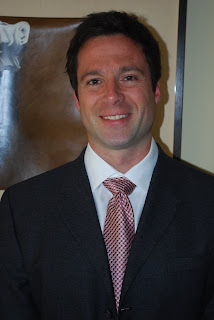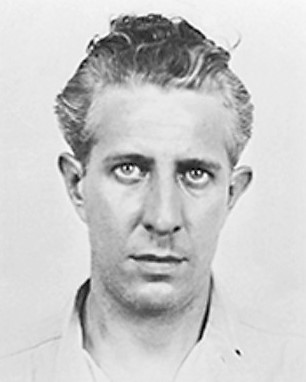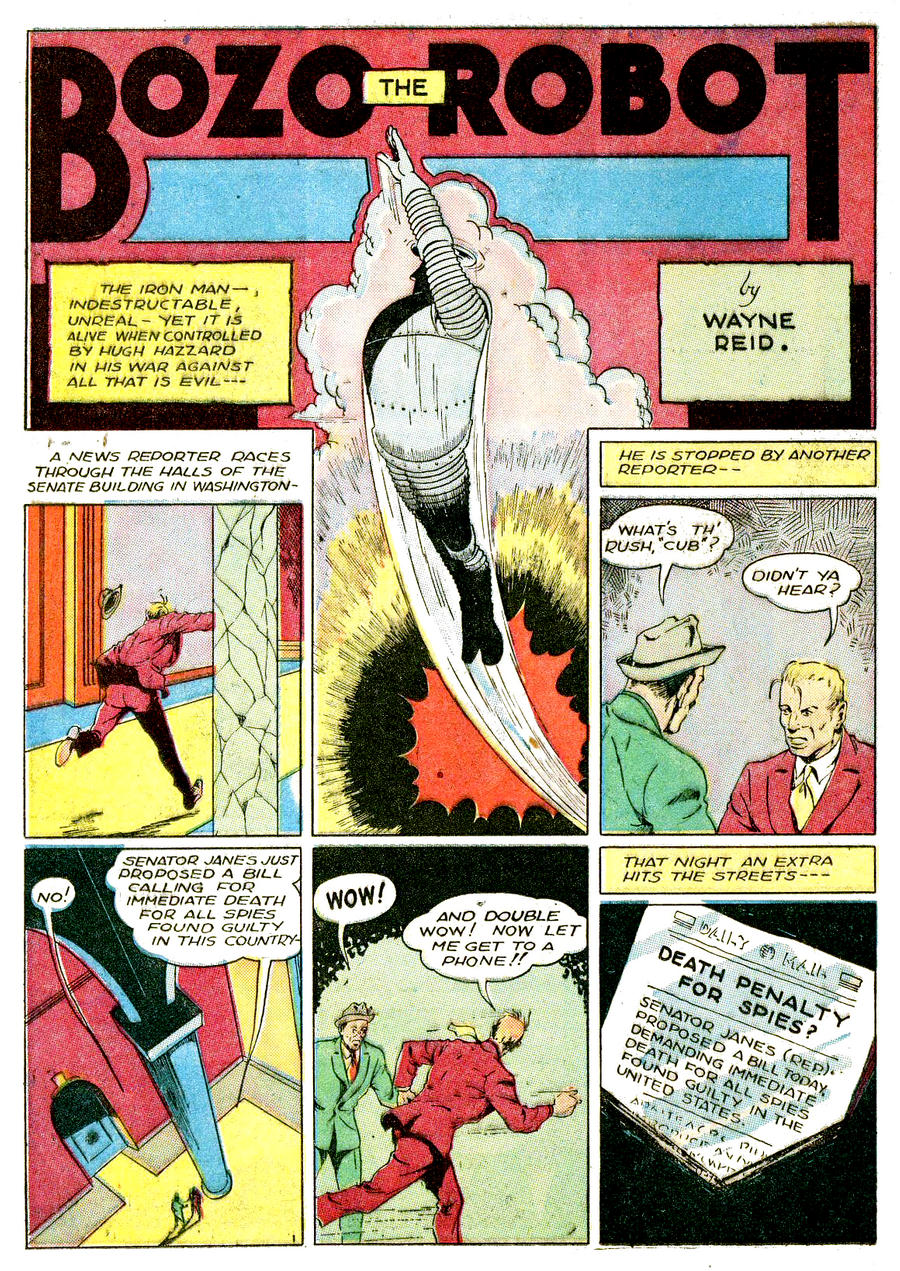

The currency had been handed to them by an officer of the German High Command, who had instructed them to wear their German uniforms while landing in the United States. They also had been paid by the German Government during their course of training at the sabotage school and had received substantial sums in United States currency, which were in their possession when arrested.

All had received instructions in Germany from an officer of the German High Command to destroy war industries and war facilities in the United States, for which they or their relatives in Germany were to receive salary payments from the German Government. All were taken into custody in New York or Chicago by agents of the Federal Bureau of Investigation. They immediately buried their caps and the other articles mentioned and proceeded in civilian dress to Jacksonville, Florida, and thence to various points in the United States.

On or about June 17, 1942, they came ashore during the hours of darkness wearing caps of the German Marine Infantry and carrying with them a supply of explosives, fuses, and incendiary and timing devices. The remaining four petitioners at the same French port boarded another German submarine, which carried them across the Atlantic to Ponte Vedra Beach, Florida. For reasons presently to be stated we do not find it necessary to resolve these contentions. Marshall, D.C., 34 F.2d 219 United States ex rel. The Government, however, takes the position that on attaining his majority he elected to maintain German allegiance and citizenship or in any case that he has by his conduct renounced or abandoned his United States citizenship. Haupt came to this country with his parents when he was five years old it is contended that he became a citizen of the United States by virtue of the naturalization of his parents during his minority and that he has not since lost his citizenship. All except petitioner Haupt are admittedly citizens of the German Reich, with which the United States is at war.

In accordance with the stipulation between counsel for petitioners and for the respondent, the papers filed and argument had in connection with the applications for leave to file petitions for habeas corpus are made applicable to the certiorari proceedings.Īll the petitioners were born in Germany all have lived in the United States. They have presented to this Court petitions for writs of certiorari before judgment of the United States Court of Appeals for the District of Columbia, pursuant to 28 U.S.C. Counsel for petitioners subsequently filed a notice of appeal from the order of the District Court to the United States Court of Appeals for the District of Columbia, and they have perfected their appeals to that court. Motions for leave to file petitions for habeas corpus were then presented to this Court, and the merits of the applications were fully argued at the Special Term of Court convened on July 29, 1942. In these causes motions for leave to file petitions for habeas corpus were presented to the United States District Court for the District of Columbia, which entered orders denying the motions.


 0 kommentar(er)
0 kommentar(er)
